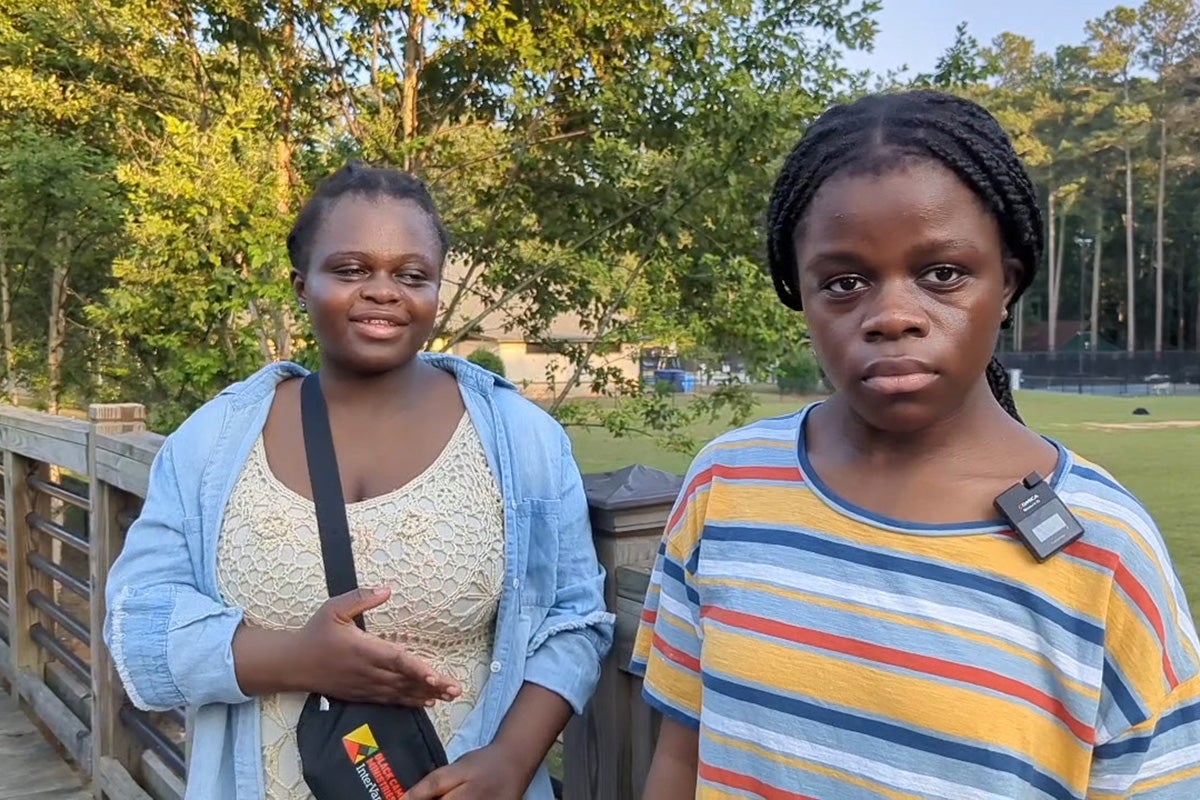From the editor
Our top 10 stories of 2022
Since our launch in June 2022, thousands of you have visited our pages and read our stories. Our top ten reads of the year reflect your wide-ranging interests on topics from racism, gun violence, to climate change. These are the stories you clicked on most this year.
10. The new COVID booster is here. Here’s how to get shots into arms.
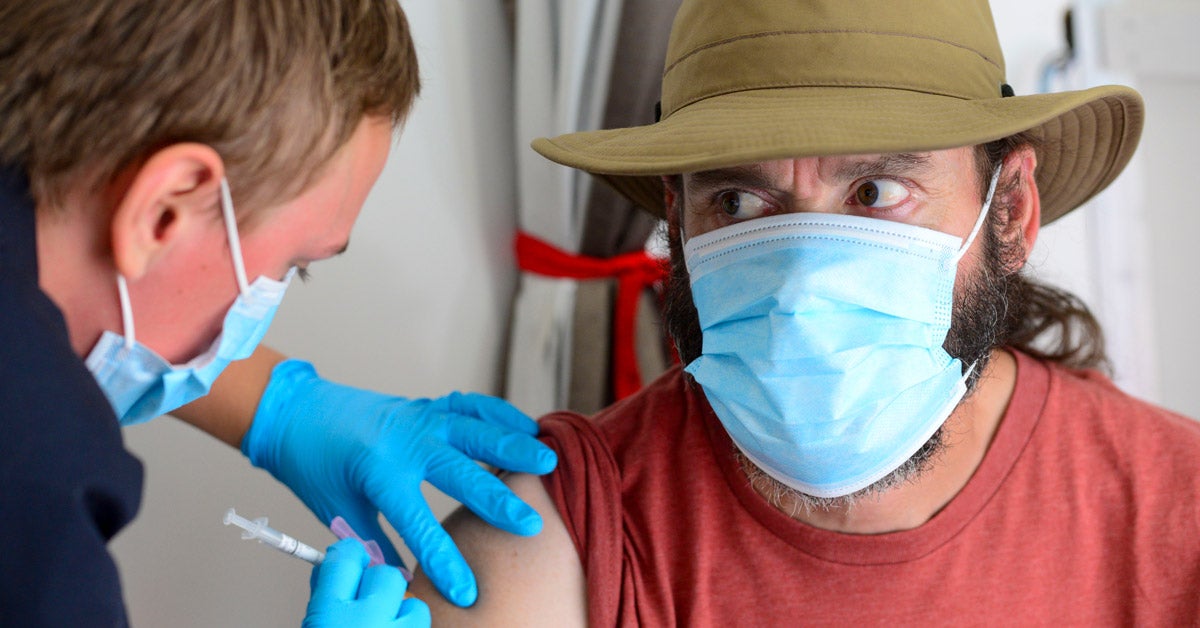
Medical doctor KJ Seung highlights the slow uptake of the new COVID-19 booster this fall, even amongst the elderly and vulnerable. He says local public health departments can do much more to increase vaccination in the U.S.
9. An open letter to the Biden administration on Mpox
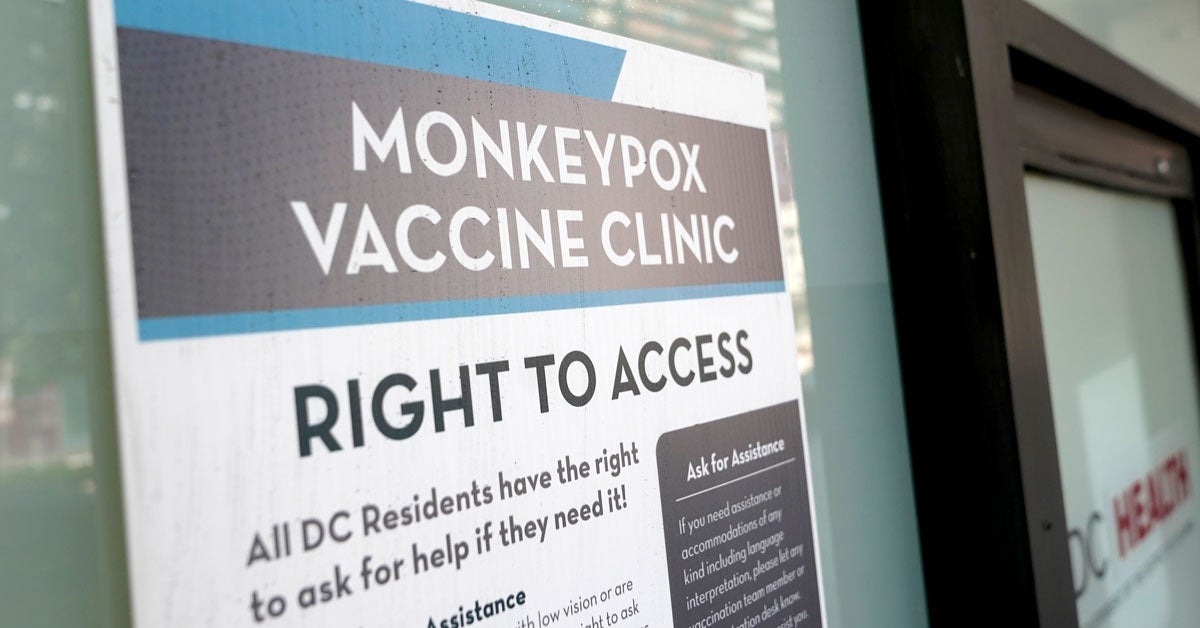
A group of scholars, activists, and members of the queer and trans community called on the Biden administration in August to create and implement a more comprehensive response to the mpox outbreak around the world. They called on the administration to engage affected communities, allocate funding, and support front-line responders.
Sign up for Harvard Public Health
Delivered to your inbox weekly.
8. Carbon capture: climate change’s “healthy” cigarette.

Medical doctor Laalitha Surapaneni’s op-ed on carbon capture spread like wildfire on social media. In the 1950s, the tobacco industry made millions selling “healthy cigarettes,” even though they knew smoking killed. Surapaneni asks, “decades later, will the fossil fuel industry get away with selling us ‘healthy’ carbon?”
7. Standout voices in African public health.
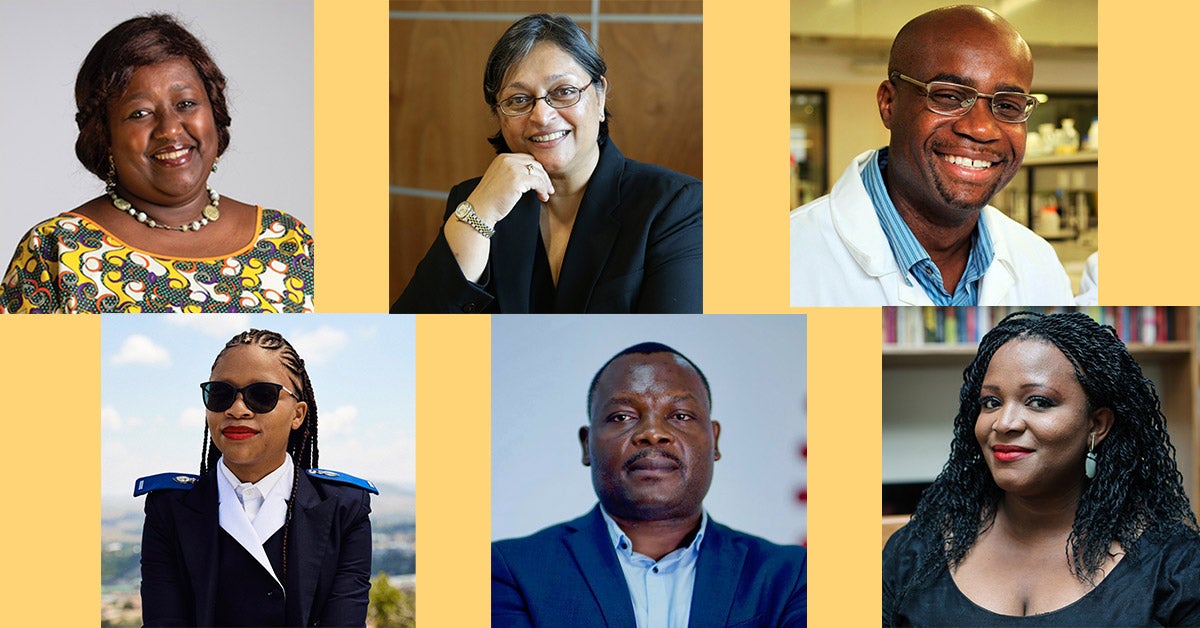
Our Spring 2022 issue was dedicated to covering the innovation and new ideas shaping public health in Africa. Our editors put together a list of notable leaders forging a new path for public health on the continent. They represent a growing field of leaders shaping policy and practice in Africa.
6. We can’t ban guns. But we can make them safer.

In the wake of mass shootings in Uvalde, Texas and Buffalo, New York, the U.S. passed its first federal law restricting access to guns in 25 years. Harvard Public Health asked gun violence and safety experts whether the law would stem the rising number of gun deaths in the U.S.
5. Apartheid’s legacy on South Africa’s public health

Black medical students are now the majority in South Africa, but racism persists in medical schools and the health care system. Science writer Linda Nordling explores how the legacy of apartheid still echoes in the halls of the country’s medical schools and hospitals.
4. Postpartum health in crisis

Reporting from journalist Dana Smith spotlights the U.S.’s abysmal maternal mortality rates, especially for Black women who were nearly three times as likely to die from pregnancy or childbirth in 2020. Smith speaks to experts to understand why maternal mortality persists at such high rates, and what to do about it.
3. We’re already ignoring the next pandemic

AMR Action Fund CEO Henry Skinner argues in this important op-ed that antibiotic resistance is the world’s next major pandemic challenge. Bacteria evolve rapidly, constantly eluding our attempts to keep pace. The AMR Action Fund is a new initiative to support antibiotic development by investing in biotech companies. Skinner calls for a “new golden age of antibiotics,” and says it’s time for policymakers to prioritize this growing global threat.
2. Who is a difficult patient?

Medical student John C. Messinger writes about how “difficult” patients taught him the power of stigma in addiction medicine. In this moving essay, Messinger lays out why doctors are so reluctant to enter a field that so desperately needs them.
1. What science tells us about structural racism’s health impact.
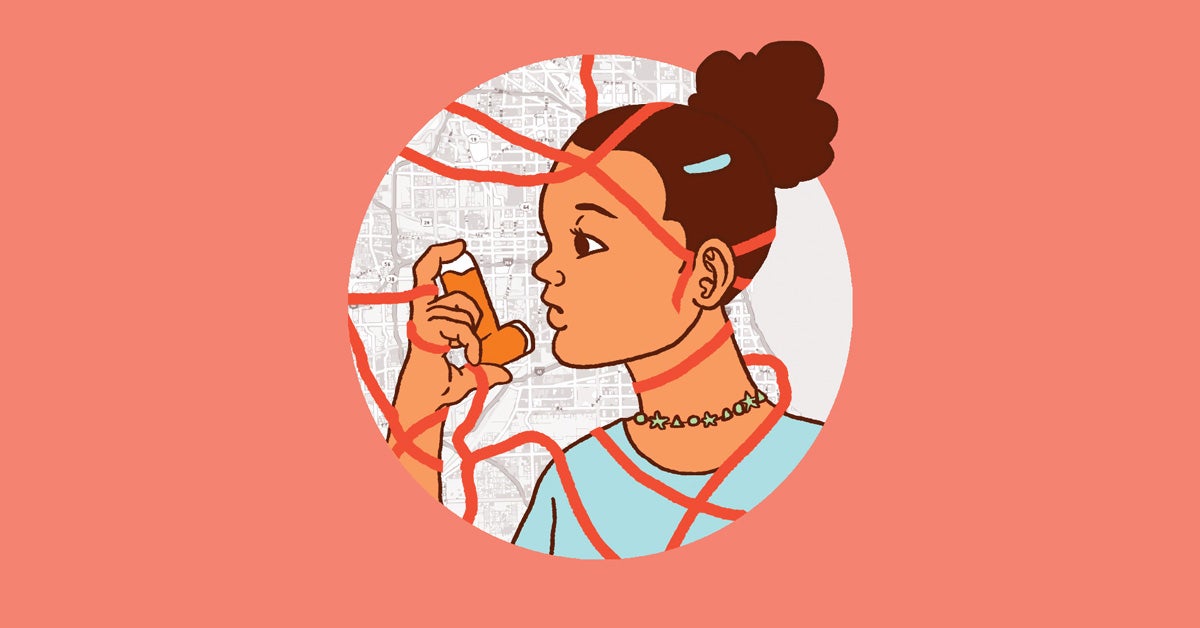
Rod McCollum’s deeply reported story lays out the clear and ongoing connection between practices like redlining and disparities in illness and life expectancy between Black and white Americans from birth to old age. The story is beautifully illustrated by Black, nonbinary artist, Noah Lawrence-Holder.

